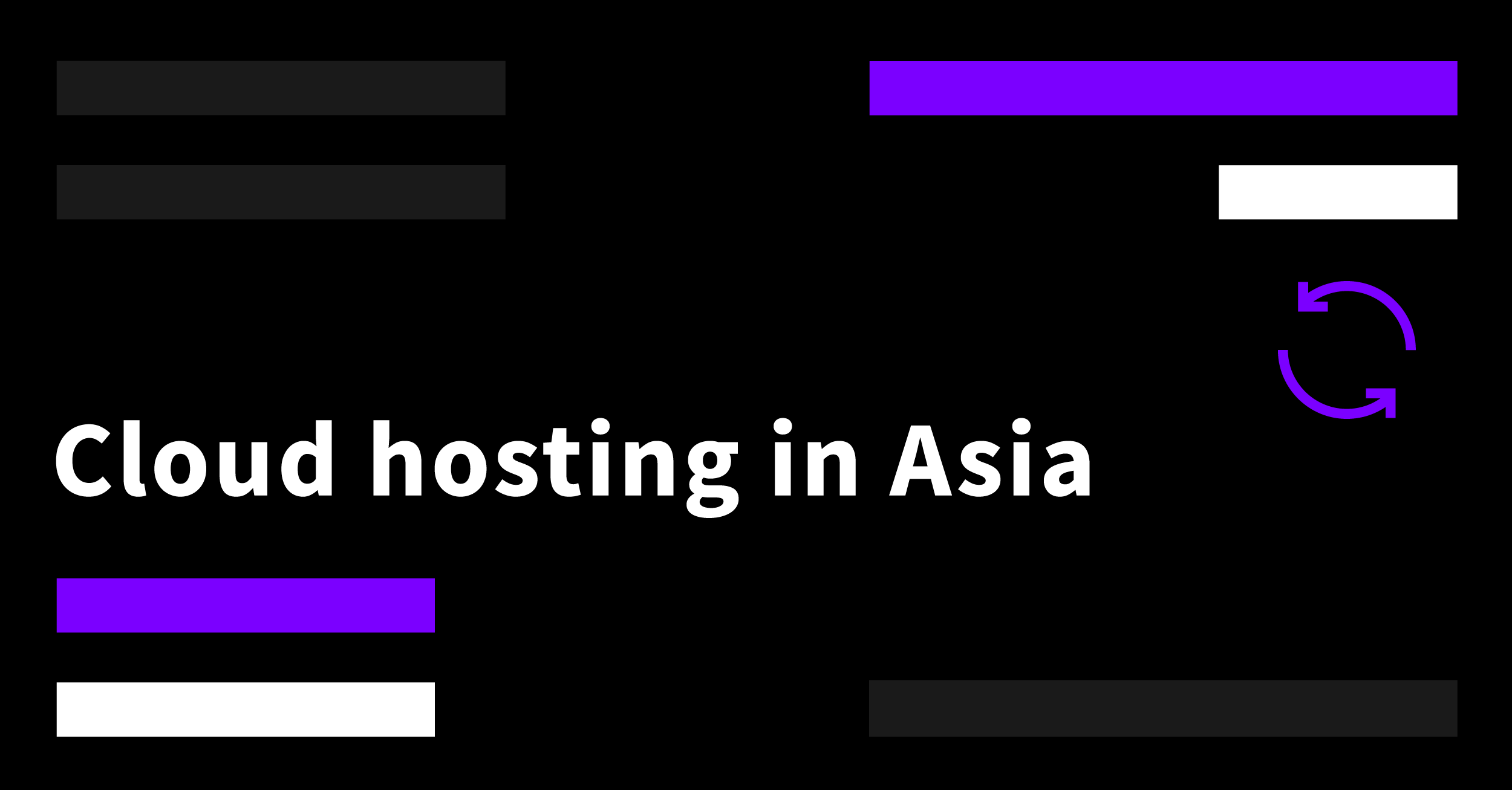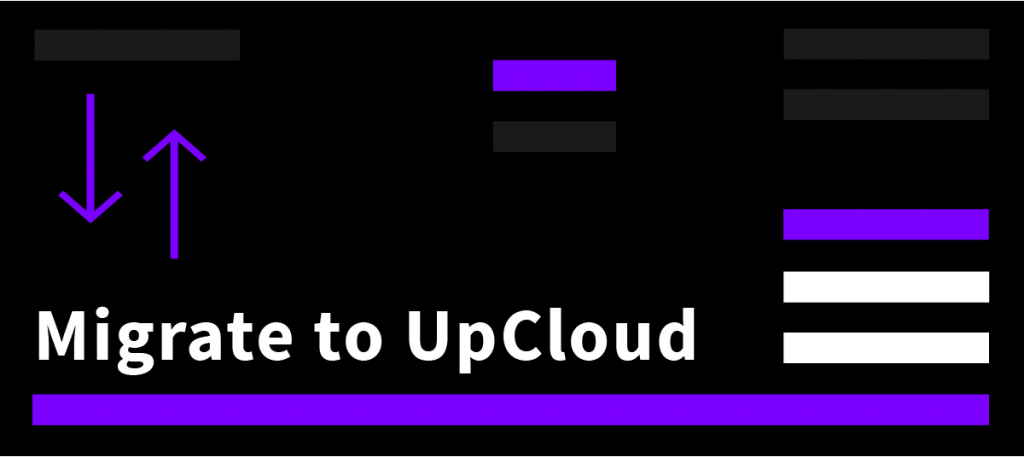Asia is among the most dynamically developing regions in the world, which means access to Asian markets is crucial for global companies. With the recent Covid-19 outbreak, we are witnessing the massive shift to digitalisation. Even many international companies that had previously relied on physical presence in the region withdrew and moved their local offices to the virtual world.
According to a report by GlobalData, the cloud market in the Asia-Pacific region is expected to grow 117% from USD$133 billion to $288 billion between 2019 and 2024. Additionally, according to Technavio’s forecast, the continent is expected to be taking over Europe as the largest data centre market worldwide by 2021.
However, there are few unique aspects of the area which you need to consider when deciding to launch an online business in Asia. Whether you are already running the company in Asia or expanding from abroad, you should make yourself familiar with the legislative framework and country-specific restrictions. Moving to cloud infrastructure can make things easier for you. Let’s have a look how.
Benefits of cloud hosting
Compared to traditional web hosting, moving to cloud hosting will guarantee an increase in performance and security. In shared hosting, your website or application can be vulnerable to malware attacks due to actions other than your own. Your website may also experience a decrease in performance in case of traffic spikes. In contrast, the cloud provider can better manage performance and security between servers and adjust to performance spikes.
If you are running a business-critical app or website, you cannot afford any downtimes. Cloud servers offer higher uptime thanks to built-in redundancies. For example, European cloud provider UpCloud that also operates in Asia guarantees 100% uptime SLA with a 50x compensation in case of service outages.
Before you start comparing various cloud hosting providers, you should be conscious of the needs and goals of your business and establish cloud KPIs and the ROI estimate for cloud migration.
Among others, migrating to cloud usually results in reducing spending on:
- Hardware and managed services
- IT resources
- Software licences
- Facility (hardware, people) and internet connectivity
However, switching to a cloud hosting or migration between providers isn’t free. The usual costs come mainly from management of two parallel environments during the migration process. On the other hand, in many cases, the cloud adoption results in optimising a company’s infrastructure environment and therefore increasing efficiency.
How to choose a cloud provider in Asia
After you have assessed your business needs and estimated ROI, you will want to have a closer look at what different cloud hosting providers in Asia offer. Before you make up your mind, it’s good to look into at least the following aspects.
- Data Governance & Security – This includes the location of data residency and compliance with local laws. You want to know what the standard security operations are and what happens in case of data breach or loss.
- Performance & Reliability – Compare the performance of your current infrastructure to the cloud hosting alternative to see the difference in required resources.
- Service level agreements – SLA can give an estimate in the cloud providers confidence in their services. It also provides reassurances for your bottom line in the case of outages.
- Pricing & contracts – An increase in performance can allow you to reduce your spending on resources without an impact on the user experience of your websites and applications.
- Business health and company profile – Read about the provider and benchmark reviews. What is their history and financial situation? Sharing similar values also gives a good chance for a mutual fit.
When building on cloud infrastructure, you still have to eliminate single points of failure from your services and take necessary security measures. Nevertheless, a good cloud provider will advise and assist you in finding the right solutions for your business.
For example, at UpCloud, we have designed our technology stack and software in such a way as to automate failovers in case of hardware failure. We have prepared for a breakdown on any possible level of our service stack with the so-called N+1 philosophy. This means that we have multiple transit connection providers, sources of electricity, networking devices and other components, all the way to your storage backend.
All our customer data is located on two separate RAID-secured storage backends at all times. Even in case of disks failure or malfunction, our users will experience no outage due to the redundancy principle.
Security and data localisation in Asia
As diverse as the Asian continent is, you have to prepare to face possible connectivity issues. On the other hand, there are more and more technology hubs emerging in the region, such as Singapore. UpCloud’s data centre SG-SIN1 which is located in Singapore ensures high-quality infrastructure with very good latency. UpCloud is also launching new data centres around the world, latest additions to our network of 12 global data centres are New York, Madrid, Sydney, and Warsaw.
When considering a cloud provider, check where their data centres are located. When assessing the data centres site, always think of your customers first. Where are they based? What are their requirements and limitations?
In the past, the data of a specific application were stored in its particular database. To keep data localised in a single region, you needed to create a new database and connect it to a new version of the same application. However, modern cloud architecture changes that completely. You can now replicate a single application globally and use routing rules to connect it to different databases.
Private Cloud as a cost-effective localisation solution
To maximise the safety of localised data, you don’t have to lower your performance demands. For example, UpCloud’s Private Cloud solution allows users to connect the existing infrastructure and company records to the pre-existing cloud infrastructure in a different country.
On UpCloud, Private Cloud is also a hybrid cloud. Just like that, the location-sensitive data will be stored in private or on-premise cloud. At the same time, a public cloud handles other workloads. Hence you and your customers are getting the best of the two.
The hybrid cloud solution is an excellent option for both starting and established businesses who seek new opportunities to expand.
Does this sound exciting? Secure Your online business in Asia by moving it on UpCloud!
Move your online business to UpCloud now
Check out our use case on cloud hosting in Asia
- Read how India based hosting company Space2host benefited from migrating to UpCloud resulting in outstanding speed and stability. UpCloud Singapore DC delivers 100% uptime, security, cloud performance, snapshot backup, and with MaxIOPS storage, there is no one that compares to UpCloud! Also, Space2host have saved nearly 50% on bandwidth, co-location and hardware costs by moving at the right time.



Kautsar Juhari
Can you open a new datacenter in Indonesia? because our internet provider is really not in good term with SG server -_-
Janne Ruostemaa
Hi Kautsar, thanks for the suggestion. We are going to opening multiple new data centres in the coming months so stay tuned for future updates!
Hamish
Is Singapore and Upcloud in general Carbon neutral?
Janne Ruostemaa
Hi Hamish, thanks for the question. While we generally strive to select locations which use renewable and carbon-neutral energy sources, in Singapore the majority of the energy is produced by natural gas.
Ajie Wicaksono
I wanted migration to upcloud, but our provider in Indonesia doesn’t support network in SG. Would u like open datacenter in Indonesia?
Janne Ruostemaa
Hi Ajie, thanks for the comment. While we can’t promise anything at this time, you should stay tuned for future data centre announcements by subscribing to our newsletter.
ZalrizBlog
I really want to switch to upcloud, but the provider in Indonesia does not support SG networks. Do you want to open a data center in Indonesia?
Janne Ruostemaa
Hi there, thanks for the comment. While we do not currently have any news regarding a data centre in Indonesia, stay tuned to our newsletters for any future announcements.
Jepara Update
I really want to switch to upcloud, but the provider in Indonesia does not support SG networks. Do you want to open a data center in Indonesia?
Eli
Hey there! We do not have a concrete plan to open a data centre in Indonesia yet. Please do check back on our page for future updates.